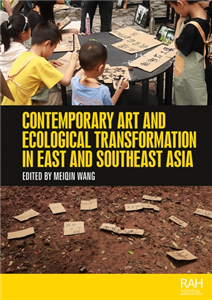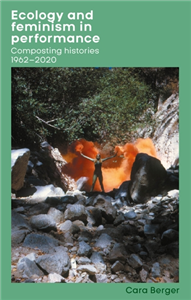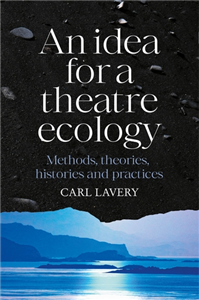Fondo de Cultura Económica
With 86 years publishing books covering a broad range of subject areas, Fondo de Cultura Económica is one of the leading publishing houses in Latin America. Over the course of the last twenty-nine years, the ten series of books for children and young adults published by our Children’s book division have included titles of the highest literary and visual quality, aimed at a critical and demanding readership. Our most innovative books have received important awards such as the New Horizons Award, and some of our titles have been listed in the White Ravens Catalogue and in the AIGA (American Institute of Graphic Arts) 50 Books/50 Covers. Several of our books for children and young adults have been translated into Chinese, Dutch, English, French, Galician, Czech, Slovenian, German, Hindi, Italian, Korean, Swedish, Romanian, Norwegian, Portuguese, Japanese, Arabic, Greek and Turkish.
View Rights Portal























